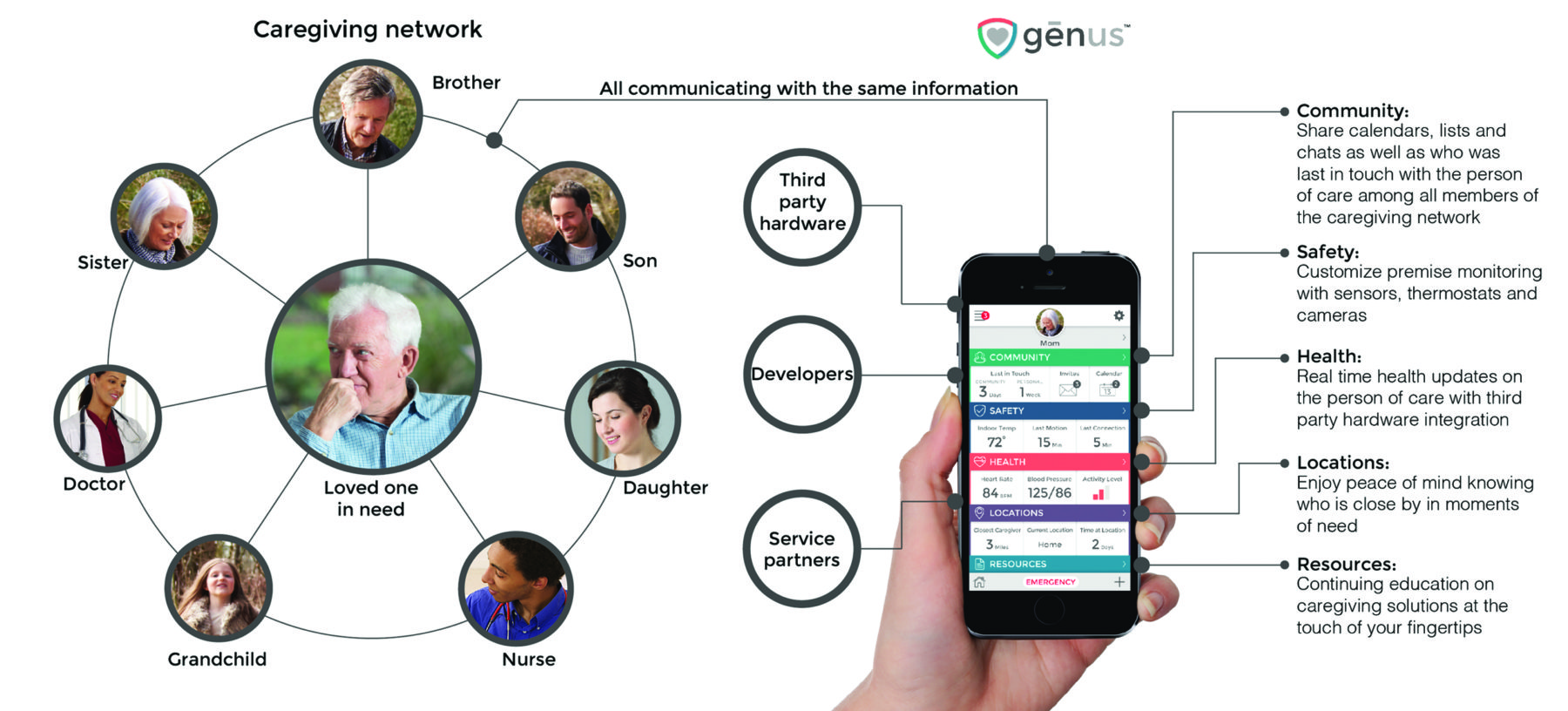Helping to care for parents as they get older can be stressful for families. Not only do they worry about the well-being of their parents, but they also struggle to coordinate with siblings, doctors, neighbors, or any other caregivers who are helping to ensure the patient is getting everything they need. This stress can pull families apart, but a new platform called genusConnect can help keep them—and everything they need to know about a parent’s care—together.
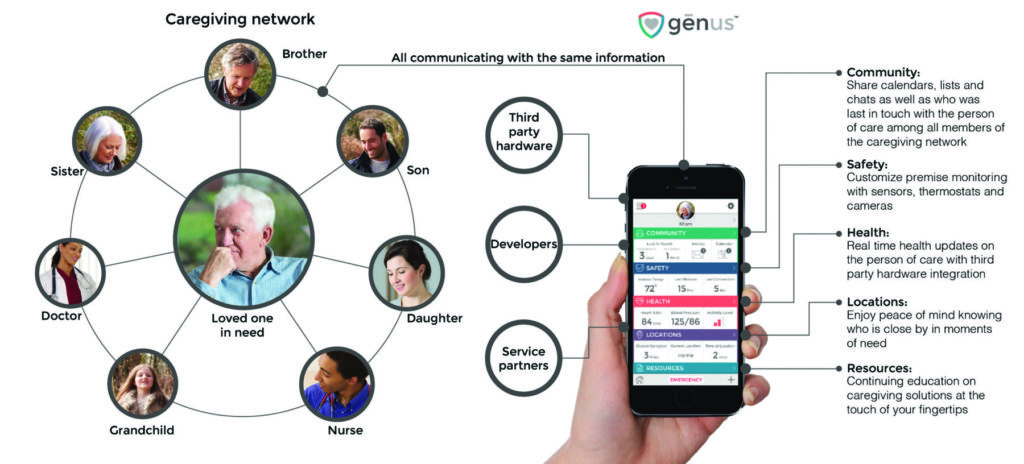 Created by caregivers for caregivers, this platform allows users to track each caregiver’s interactions with the patient, log vitals, manage medications, monitor emotional well-being, keep track of appointments, communicate with each other, and so much more. The platform is also open and ready for partners from both the tech and life sciences industry to provide even more tools and value for caregivers. PM360 spoke to Genus CEO, Joe Gleason, and Director of Commercialization, Ward Detwiler, about the birth of genusConnect, what it offers, and what they can bring to the life sciences industry.
Created by caregivers for caregivers, this platform allows users to track each caregiver’s interactions with the patient, log vitals, manage medications, monitor emotional well-being, keep track of appointments, communicate with each other, and so much more. The platform is also open and ready for partners from both the tech and life sciences industry to provide even more tools and value for caregivers. PM360 spoke to Genus CEO, Joe Gleason, and Director of Commercialization, Ward Detwiler, about the birth of genusConnect, what it offers, and what they can bring to the life sciences industry.

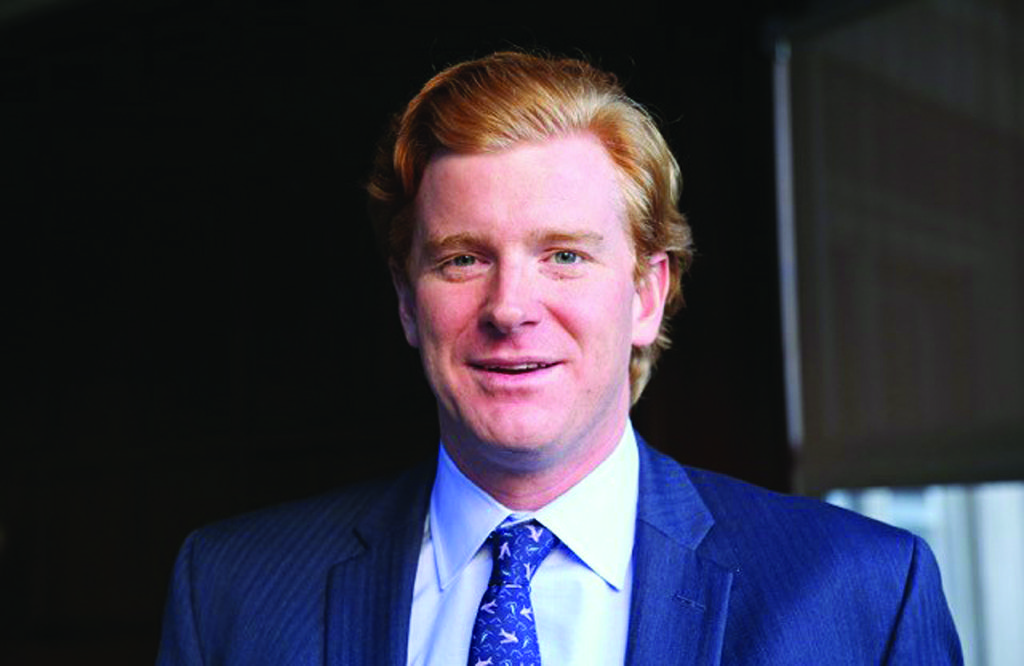
PM360: What was the inspiration behind Genus?
Joe Gleason: Genus is Latin for family. My father passed away with dementia, so then I came from the perspective of, “How can we make this better?” You can be the most successful planning organizer or businessperson in the world, but when it’s someone close to you, you’re like a deer in the headlights. You’re a father of three kids, you’ve got siblings, you’ve got a mom—everyone needs something. So the inspiration came from just the most basic communications that are necessary in times like that, such as: Who is going to see mom or dad next and what do they need?
While so many people think that a care solution is an app that tracks medications or vitals—it’s not. It’s really a tool for making sure the network of caregivers is working properly together. The reality is that families are scattered all over the country—even all over the world. This helps them stay on the same page to help care for mom or dad.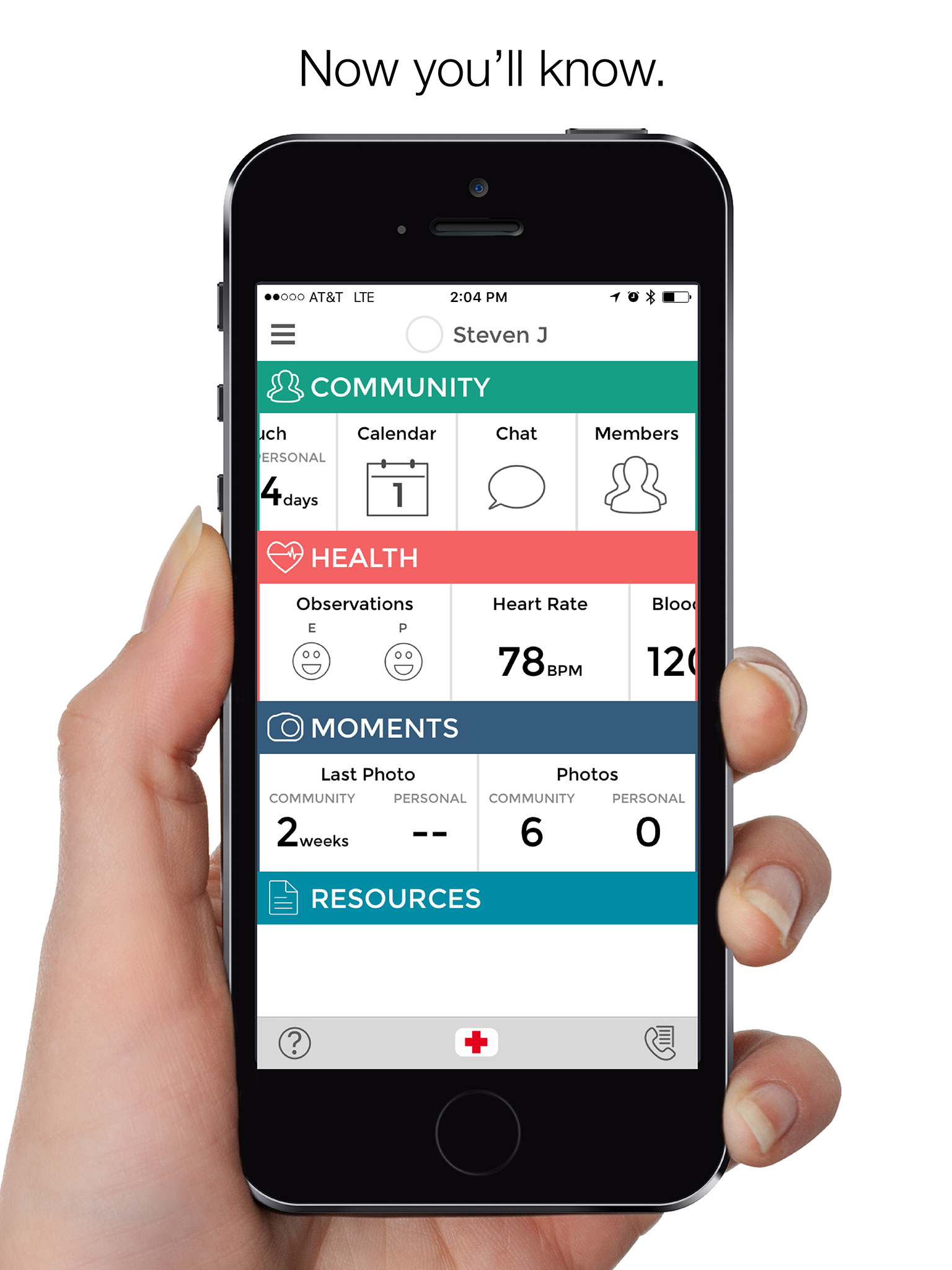
As a communication platform, what makes Genus better for families than just staying in touch through emails, texts, and phones calls?
Ward Detwiler: As we started talking to families, we found that some of the more technically savvy families were hacking together their own solutions using Google Docs and similar programs. So you can do that, but it’s a headache if things get lost. Also, you’re not capturing the patient’s daily vitals, the activity of the patient, or the patient’s overall mental behavioral health.
Joe Gleason: Plus, each and every phone call a family member makes to the patient is a measurement of care. So, if I call mom today and she doesn’t answer her phone, and then my two other siblings call and she still doesn’t answer, I can see on the call history that three calls were attempted, but none connected. That becomes a point of concern. And if I do talk to her, I can also adjust little sliders at the end of each call to track her emotional and physical well-being, based on aspects like pain that she mentioned, trouble with stability, or her forgetfulness. So every communication point is an opportunity to collect information and share information with other caregivers.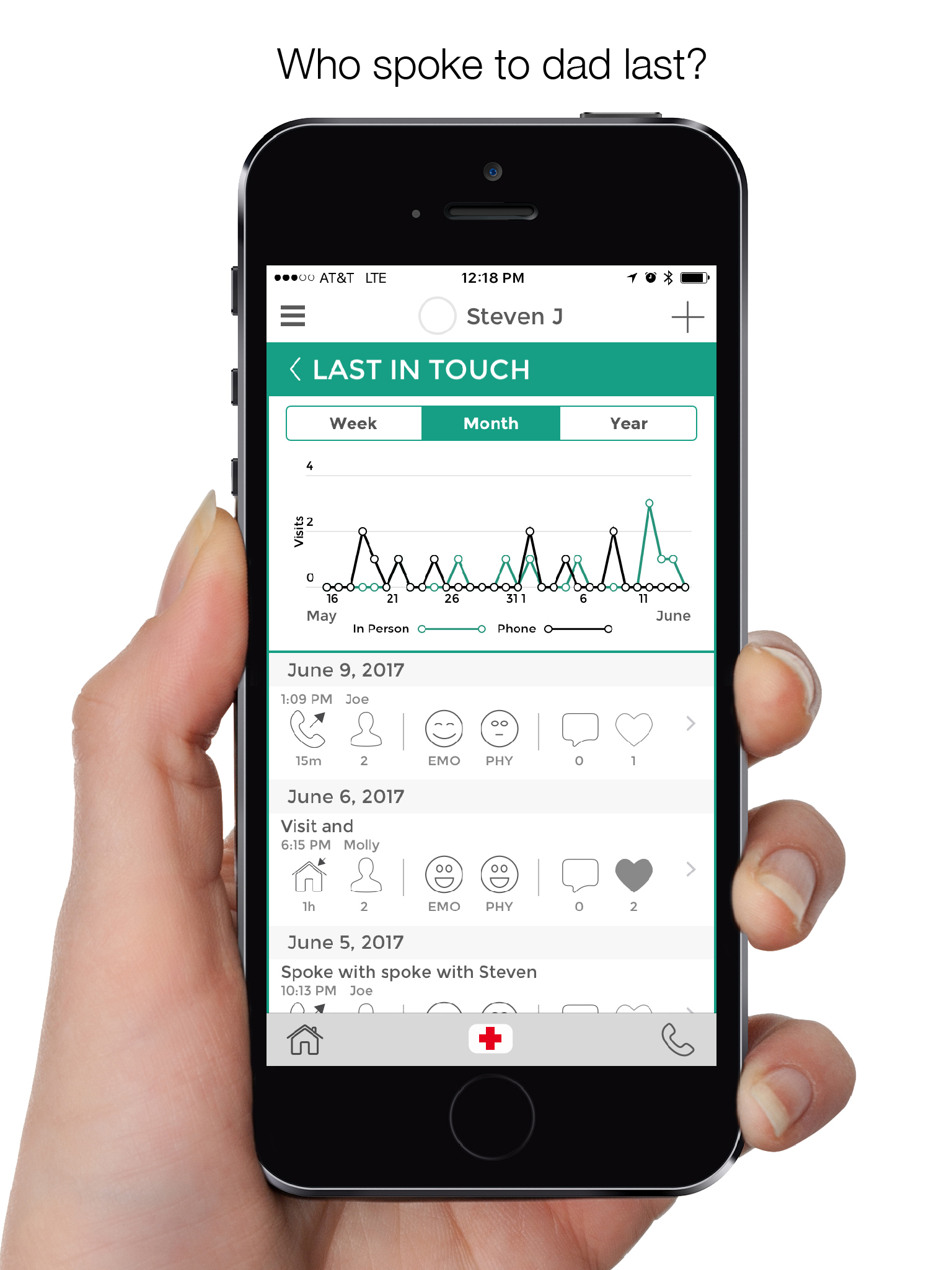
Can the platform be tailored to fit patients with different diseases?
Joe Gleason: Yes, the platform does offer different modules specific to certain conditions such as stroke. Each module includes videos to better understand the symptoms, recovery process, and the physical therapies required in order to help educate the care network about that condition.
Ward Detwiler: This is where our strategic partners play a big role as we’re going out and doing early pilots with different groups—whether they’re hospitals or primary care physicians—that are helping to drive some of that content and give us the expertise of what needs to be in those modules to roll out to different patient types.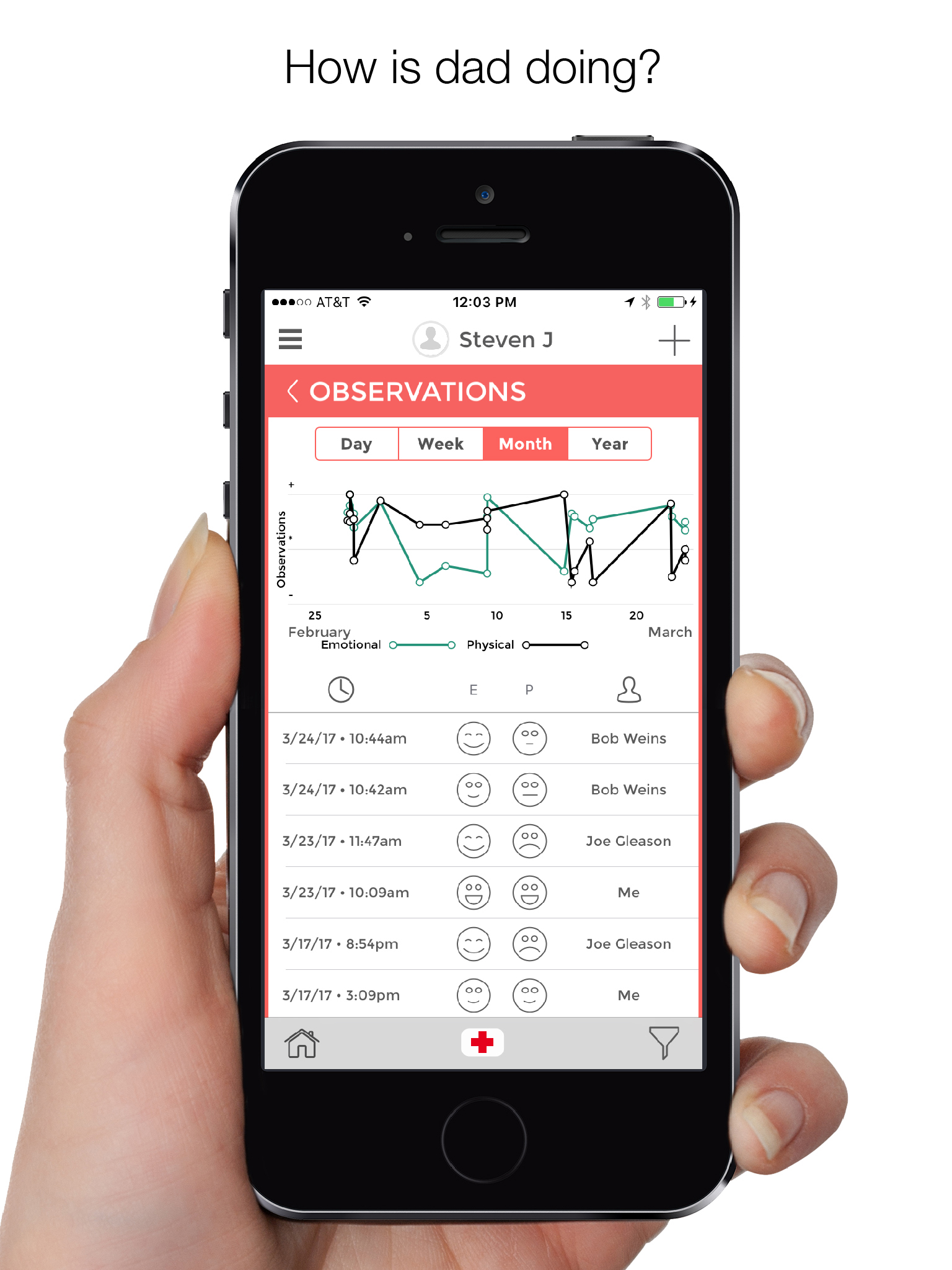
Speaking of strategic partners, are you planning to work with any tech companies to integrate things like wearables into the app?
Joe Gleason: Yes, and so many devices beyond wearables are coming to market with standard APIs that can be integrated into genusConnect, and each of those devices tells a story. For example, a bed sensor cannot only collect data on how your mom is sleeping, but can also let you know when not to bother her because she is asleep. Smart doorbells are available that can let the care network know if someone visited the house. The Nest thermostat can tell you if mom has turned her temperature up the last three or four days or if her heat has gone off. Parents don’t want to be a burden, but all of those sensors come together to tell a more complete picture of what is going on in their lives.
What about partnerships with pharma and med device companies? What do you feel Genus can offer to those companies?
Ward Detwiler: What makes ours an interesting platform to partner with for some of those companies is that we’re really focused on patient adoption first. If you look at the biggest complaints of somebody who is in the caregiving situation, medication tracking is often lower down the list. What they’re concerned about is their own peace of mind and how to keep everybody on the same page, while keeping mom happy, well managed, and safe. So our platform solves the caregiver’s core needs, and a medical device or pharma company could piggyback on the experience to reach those patients and families. Additionally, we could provide interesting data on the impact of a drug and how it affects outcomes. We would also have data that shows how behavioral, family, and social issues affect medication compliance.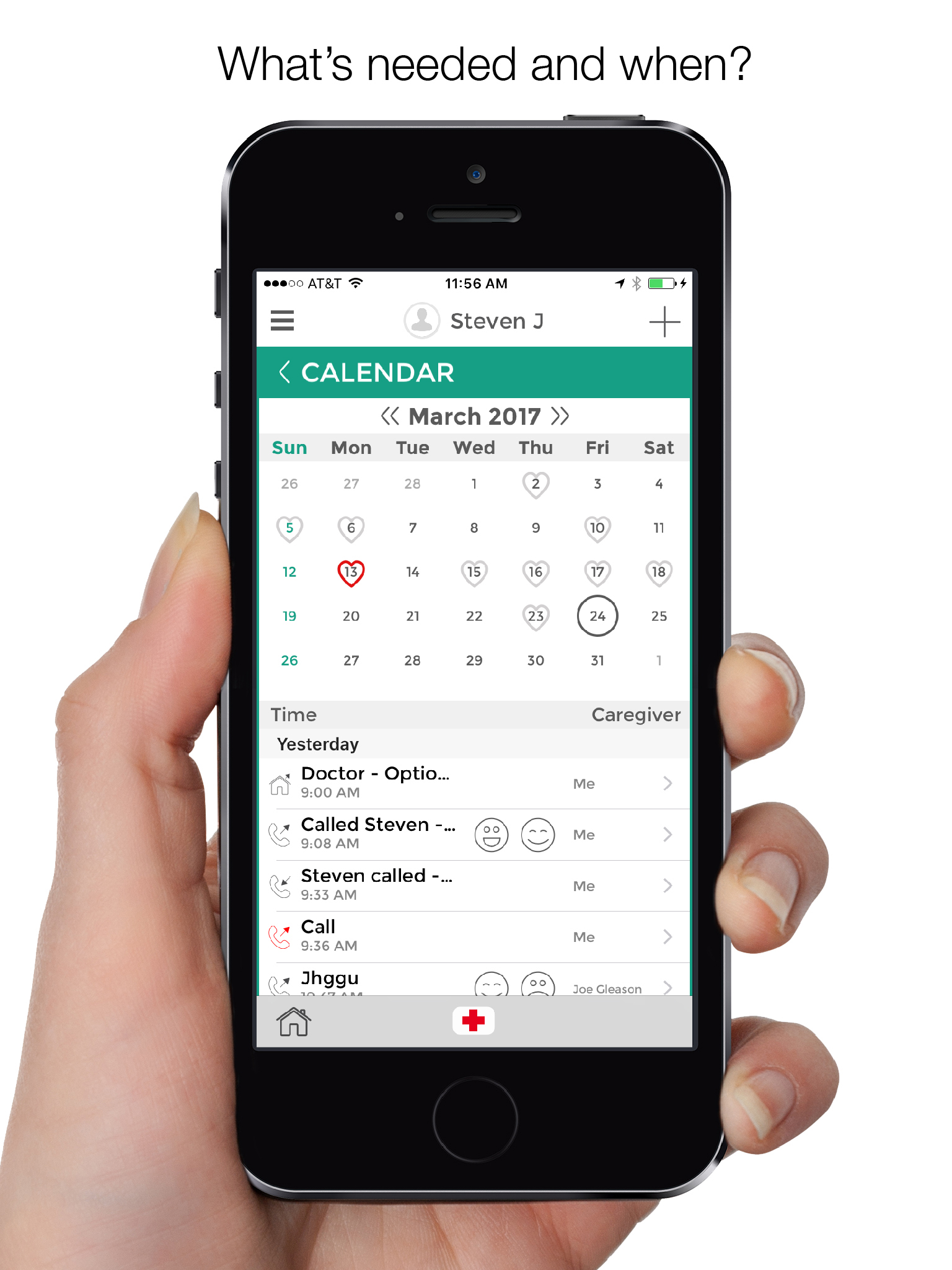 Joe Gleason: At the end of the day, we want to see genusConnect positioned as the standardized caregiving platform. As more people use it, that will also increase word of mouth for things like medications. For instance, if am I talking to my friend about a drug that’s helping mom with her memory or her swelling, I can easily pull information up about that drug on Genus. The next thing you know, he is asking his doctor about whether that product can work for his parent. Value proposition is such an overused word, but that is certainly a value opportunity for pharma companies.
Joe Gleason: At the end of the day, we want to see genusConnect positioned as the standardized caregiving platform. As more people use it, that will also increase word of mouth for things like medications. For instance, if am I talking to my friend about a drug that’s helping mom with her memory or her swelling, I can easily pull information up about that drug on Genus. The next thing you know, he is asking his doctor about whether that product can work for his parent. Value proposition is such an overused word, but that is certainly a value opportunity for pharma companies.

